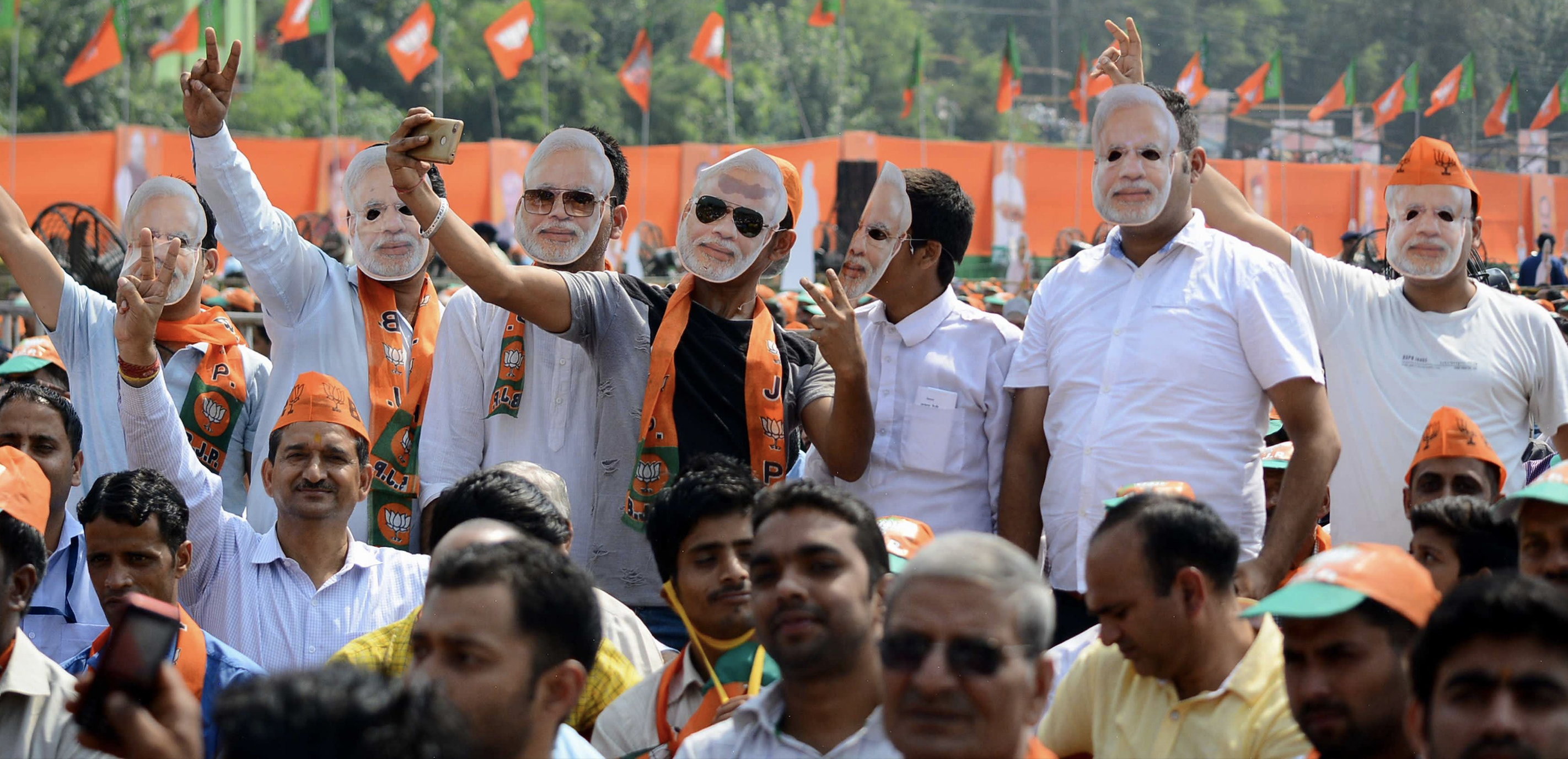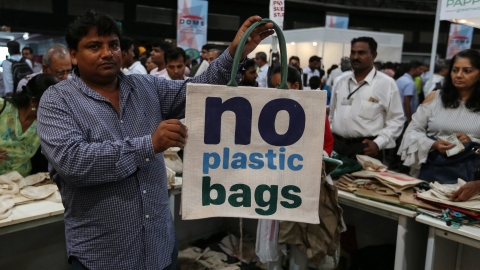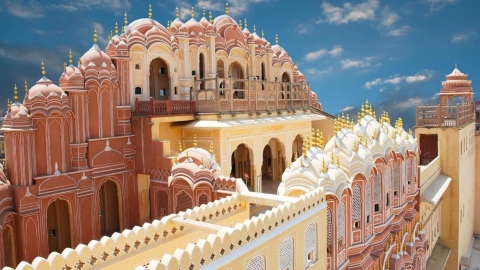As the world's largest democracy, with nearly 900 million votes cast in its parliamentary elections, India is currently an ideal destination for those interested in politics, history, and culture. Throughout the election period leading up to May 23rd, villages, towns, and cities were buzzing with energy and the most exciting side events.
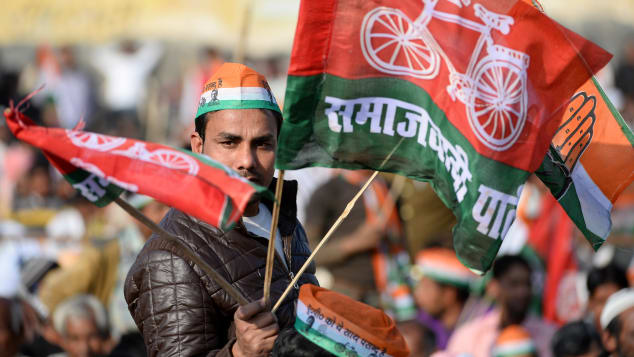
The Samajwadi Party's bicycle emblem was printed on a flag during the 2017 protest. Authorized by the Election Commission of India, party emblems are important campaigning tools.
The election is not a burdensome affair and unfolds like a festival. Citizens and all political parties will organize, participate in, and enjoy shared events, meetings, parties, and parades throughout the streets. If traveling during this time, tours and political experiences will give visitors a clearer view of this wonderful country from a different perspective, rather than through the usual temples, fortresses, food, and festivals.
Regarding "election tourism"
The concept of "election tourism" was introduced in India in 2012 by Manish Sharma, the founder of Akshar Travels, a company specializing in visa, ticket, and tour services, as a way to innovate and expand travel options for tourists.
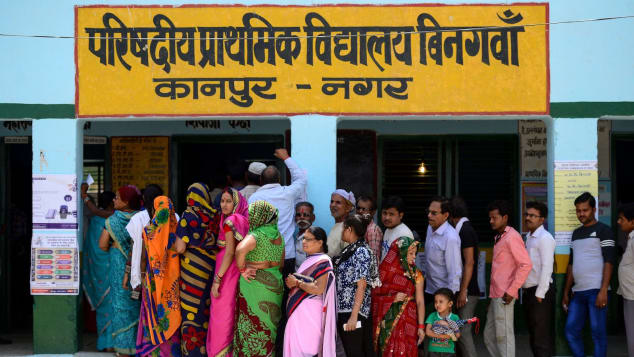
India's parliamentary elections are taking place from April 11 to May 19, with the results to be announced on May 23.
Sharma points out that there is currently a great deal of interest in learning about India's democratic process, including researchers, university students, history enthusiasts, culture aficionados, and journalists from around the world – especially the United States, the United Kingdom, and Japan. They come here to learn about the criteria and systems of government operation, in addition to other enriching experiences. This confirms that "election tourism" is a very interesting opportunity to learn about India in a new way.
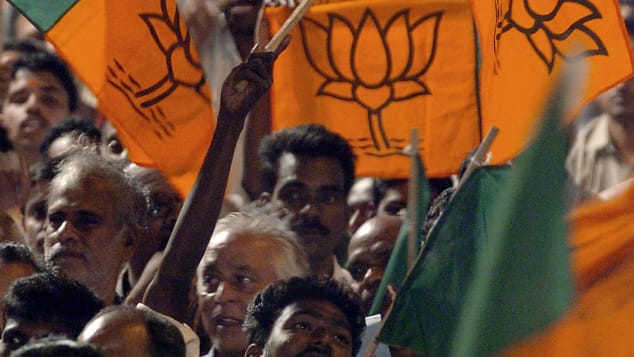
"Elections are a large and complex process – and each state has its own language, culture, traditions, rules, and knowledge," Sharma shared. "The diversity of the political system reflects the culture and the explosive power of the Indian people."
This year, Akshar Travels expects to welcome around 10,000 tourists on its 6- to 8-day election trips. Each group will have a dedicated guide who has received thorough training in Indian politics and culture.
Trip
With over a dozen different itineraries to major historical and political destinations across India, travelers will visit local villages, meet indigenous people, and dine with political leaders for a chance to gain a deeper understanding of how Indian democracy works.
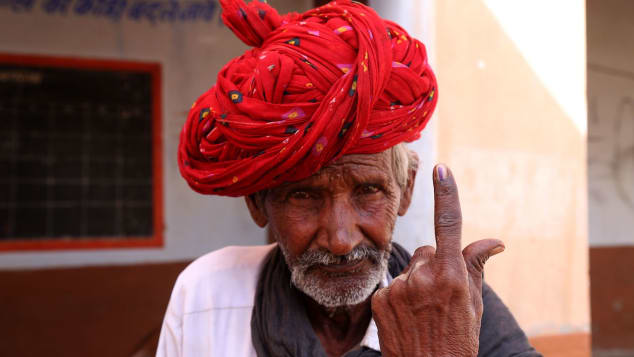
A man shows off his ink-stained finger after casting his vote in the suburbs of Ajmer, Rajasthan, India, on April 29.
The trip, called "Election Walk in Uttaranchal," offered by Sharma, lasts eight days in northern India. There, travelers attend a political congress in Haridwar, visit Kempty Falls, take a jeep safari through Corbett National Park, and participate in meetings and informal meals with party officials in the picturesque Himalayan resort town of Nainital.
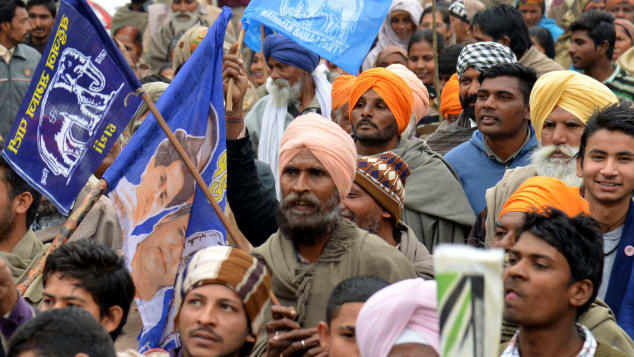
Activists of the Bahujan Samaj Party during a march in 2014.
Meanwhile, the "Inner Uttar Pradesh" tour takes travelers through eastern India with stops such as: Lucknow – known for its Mughal architecture and captivating culture; Ayodhya – famous for its caves and temples; and Varanasi – where political enthusiasts can immerse themselves in the constituency of incumbent Prime Minister Narendra Modi.
Hope
Sharma personally, and the Indian tourism industry in general, hopes that this exciting form of tourism will further develop in the future, including more diverse cultural experiences and destinations. This activity helps tourists understand the values, traditions, and contemporary culture of India. Sharma shared: "In this way, even a small village can be connected to the world."
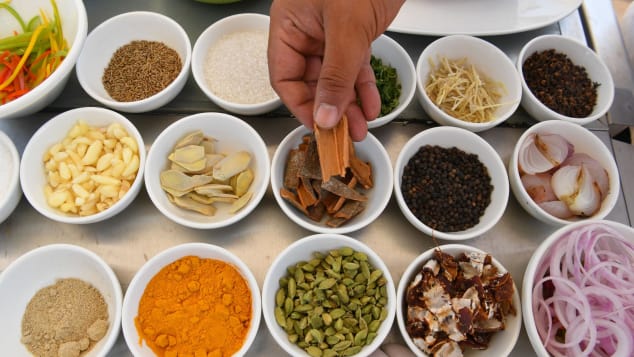
With 29 states – each possessing its own unique landscape and traditions – visitors will experience diverse cuisines based on the scenery, climate, immigration patterns, trade links, governing system, and religion.
For example, when tourists dine with political leaders, it's an opportunity not only to learn more about the vision and mission of that party, but also to sample the most distinctive local dishes.
Even while the 2019 elections were still underway, plans were already being made for the 2024 parliamentary elections in the hope of further expanding the group of politically savvy tourists.
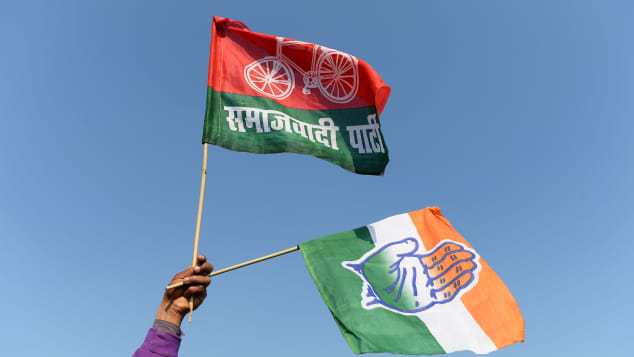
Sharma shared: "I love my country and want to show visitors a different side of our unique heritage and culture."

 VI
VI EN
EN



